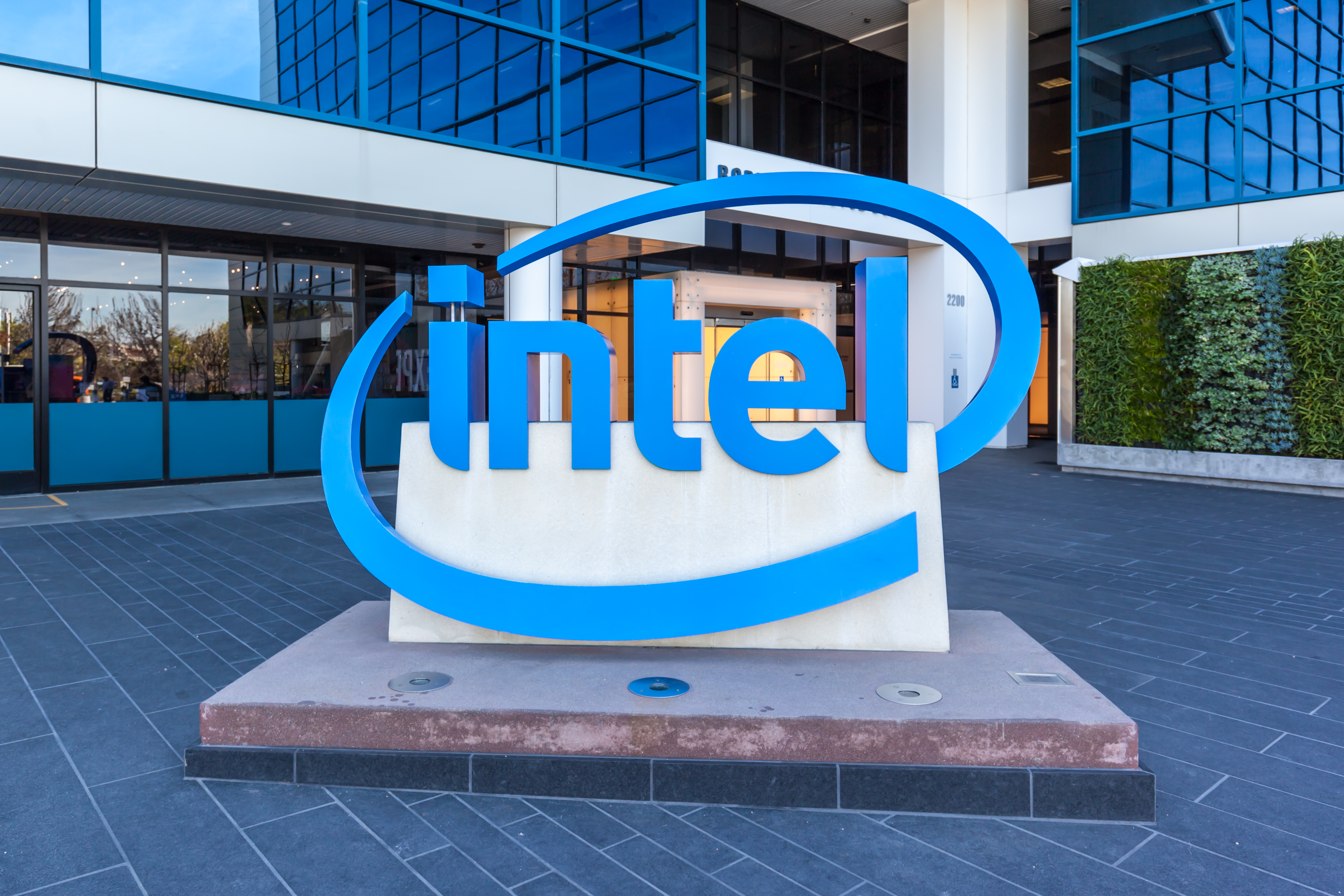
Intel (INTC) Stock Drops – Should Investors Be Concerned?
Hey everyone, let’s talk about Intel (NASDAQ: INTC) and what’s going on with its stock price. Recently, Intel shares experienced a gap down before the market even opened. The stock had closed at $20.75 but then opened at $20.27. This kind of drop usually raises a big question—should investors be worried?
Now, looking at the latest trading session, Intel shares last traded at $20.64 with a huge volume of 18.7 million shares exchanged. That’s a significant movement, and analysts are weighing in with their thoughts on what’s next for the company.
Also Read:- Marcus Rashford's Aston Villa Revival: Ferdinand's Praise and Champions League Glory
- Raheem Sterling’s Arsenal Career Appears to Be Over
Several investment firms have updated their ratings on Intel. Rosenblatt Securities reissued a “sell” rating with a target price of $20.00, indicating a bearish outlook. Meanwhile, HSBC upgraded the stock from “reduce” to “hold,” signaling a more neutral stance. Citigroup lowered its price target from $22.00 to $21.00, keeping a “neutral” rating. On the flip side, Cantor Fitzgerald raised their price objective from $22.00 to $29.00, still maintaining a “neutral” rating. All in all, we see a mixed sentiment from analysts—some advising caution, others seeing a potential for stability.
Now, let's talk about Intel’s financials. The company recently reported earnings that missed expectations. Instead of the projected $0.12 per share, Intel reported a loss of $0.02 per share. Their return on equity is currently negative at -3.27%, and they have a net margin of -35.32%. That’s a concerning figure, as it suggests Intel is struggling with profitability. The market consensus right now is that Intel could post a loss of $0.11 per share for the current year. That’s not great news for investors looking for short-term gains.
So, should you sell your Intel stock? It really depends on your investment horizon. Short-term traders might see this as a bearish sign, but long-term investors could view this dip as an opportunity to buy at a lower price. Hedge funds and institutional investors seem to be adjusting their holdings, with Norges Bank making a massive investment and Two Sigma Advisers LP also taking a notable position. This could indicate confidence in Intel’s future, despite current struggles.
Intel remains a key player in the semiconductor industry, but competition is fierce. With ongoing developments in AI, data centers, and mobile technology, the company has a lot to prove. If you believe in Intel’s ability to turn things around, this could be a time to hold or even buy more. But if you're looking for quicker returns, you might want to be cautious.
What are your thoughts on Intel’s stock? Are you buying, holding, or selling? Let’s discuss!
Read More:


0 Comments